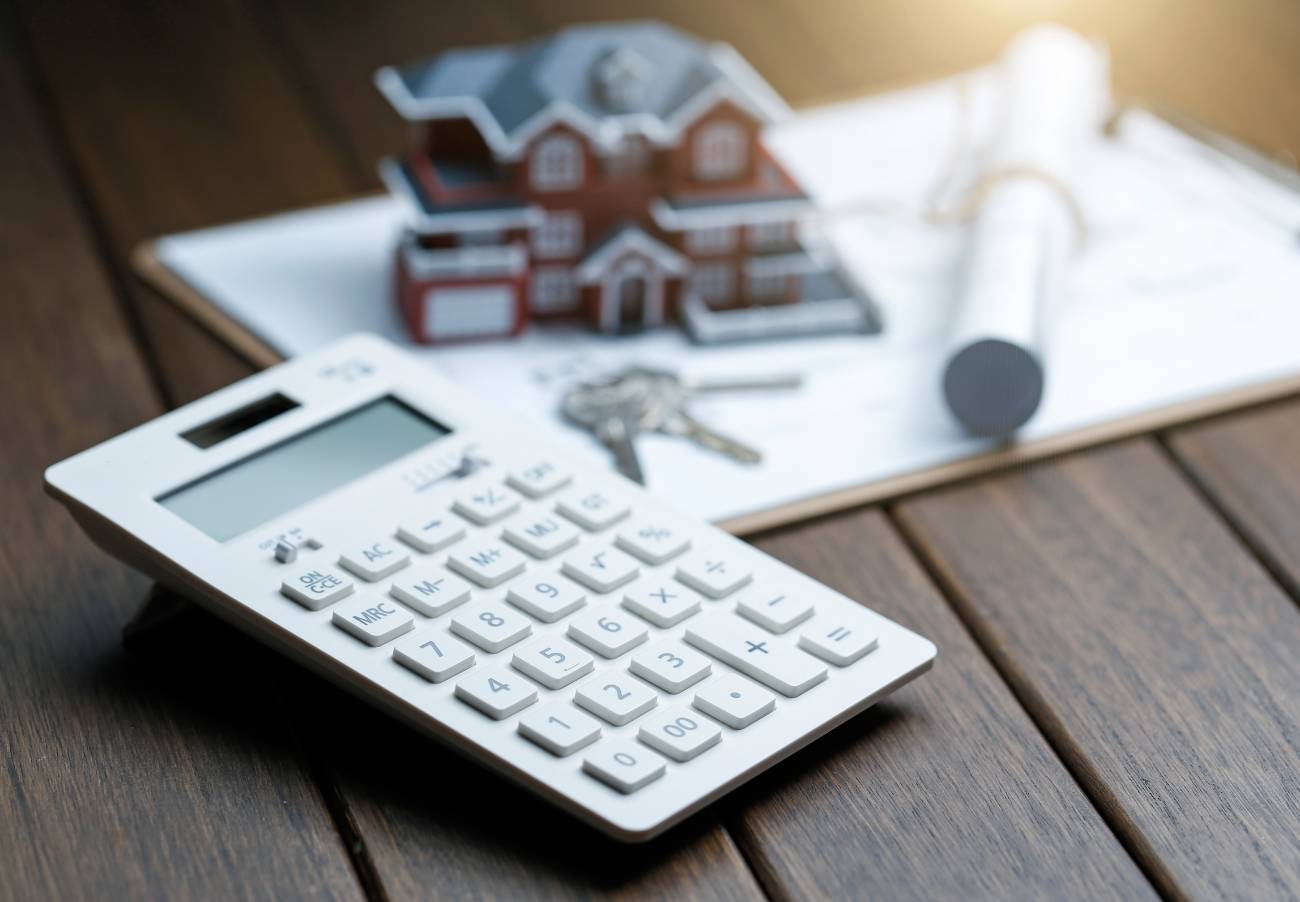The relationship between mortgages and taxes is a constant topic of interest for those who have obtained a home through mortgage financing. Beyond the purchase process itself, the tax return becomes a crucial time to understand and take advantage of the tax deductions associated with this type of loan.
This article will examine the requirements and tax deductible expenses related to mortgages. In addition, we will provide recommendations and methods for maximising your deductions.
So if you are interested in this topic, we recommend you read on because this article will not leave you indifferent.
Mortgage deduction requirements
Homeowners must always meet the requirements for deducting their mortgages from their tax returns. To maximise the tax benefits, it is essential to comply with these requirements and, if necessary, consult a tax advisor. These requirements are as follows:
Acquisition period and conditions.
The deduction of mortgages in the tax return is subject to specific and temporary conditions. It is essential that a mortgage has been obtained for the purpose of acquiring, restoring or improving the main residence. In addition, the loan must have been granted by a regulated financial institution and be duly documented.
Differences by autonomous community
It is important to know that mortgage deductions may vary depending on the autonomous community in which you live. Some areas offer additional tax benefits or require specific requirements to be able to deduct the mortgage in the tax return.
Deductible expenses in the income tax return
Notary, registry and agency fees, as well as stamp duty, can be deducted from the mortgage tax return. Other related expenses can also be deducted, such as appraisal or loan origination fees, or even those related to early repayment and mortgage insurance.
To maximise tax deductions on your tax return, it is essential to identify and document all these expenses.
Purchase and mortgage origination costs
Expenses related to the purchase and establishment of a mortgage are a significant part of the deductible expenses on the tax return. These expenses are fundamental to the purchase of the property and can represent a significant amount, so it is crucial to take them into account when making the tax return.
Notary, registry and agency fees
Expenses related to the mortgage deed, such as notary fees, land registry fees and agency services, can be deducted from your tax return. These expenses are an important part of the process of buying a house.
Stamp duty tax (Impuesto de Actos Jurídicos Documentados)
Another expense related to the constitution of a mortgage that can be deducted in the tax return is the stamp duty (IAJD).This tax is usually calculated according to the amount of the mortgage loan and varies according to the autonomous community.
Other associated expenses
In addition to the above-mentioned expenses, appraisal fees or loan origination fees are other expenses that can be deducted in the tax return.
Additional expenses that can be included
Insurance linked to the mortgage
If they are directly linked to the mortgage loan and are requirements demanded by the financial entity, insurance associated with the mortgage, such as life insurance or home insurance, may be deductible in the tax return.
Early repayment and other financial expenses
Expenses arising from the early repayment of the mortgage, as well as other expenses related to the loan, can be deducted from income. It is crucial to check the mortgage contract to find any expenses that can be deducted.
Special cases and exceptions
When it comes to mortgage deductions on income tax returns, there are certain exceptions. These cases may vary depending on the region and particular tax regulations. Some of the most relevant cases are:
Particular situations in Navarre and the Basque Country.
In Navarre and the Basque Country, there are specific tax systems that may influence the inclusion of mortgages in the tax return. To find out how these regimes may affect your specific situation, it is advisable to consult a tax advisor.
Impact of recent legislative changes
Deductions for mortgages on your tax return can be significantly affected by changes in tax legislation. It is essential to keep up to date with legislative changes and their effects on your tax benefits.
How to maximise deductions on your tax return
Homeowners are often concerned about maximising mortgage deductions on their tax return.
To maximise mortgage deductions on your tax return, the following tips can be followed:
- Keep all mortgage-related documents, including receipts.
- Consider life and home insurance, which may be deductible.
- Evaluate the possibility of paying off part of the mortgage early, and consider the associated costs.
- Tax deductions may be available if energy efficiency or affordability improvements are made.
- To maximise deductions, at the end of the tax year, make large housing-related expenses.
- Whenever you have questions or particular situations, seek professional guidance.
Tips and strategies for homeowners
It is essential to plan ahead and take advantage of all available tax benefits to maximise deductions on your tax return. This may include making home improvements, paying off the loan early, or purchasing additional insurance that is deductible.
Useful tools and resources
There are a wide range of resources and tools available to help you calculate and maximise mortgage deductions on your tax return. It is essential to use available tools that can optimise your tax situation.
Conclusions
Mortgage deductions on tax returns can be of great benefit to homeowners. However, it is essential to comply with the legal regulations and to be aware of the tax particularities of each autonomous community. Seeking professional advice and planning ahead can help you improve your financial situation and maximise your deductions.





